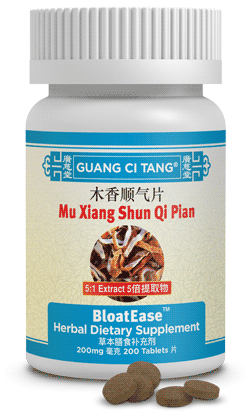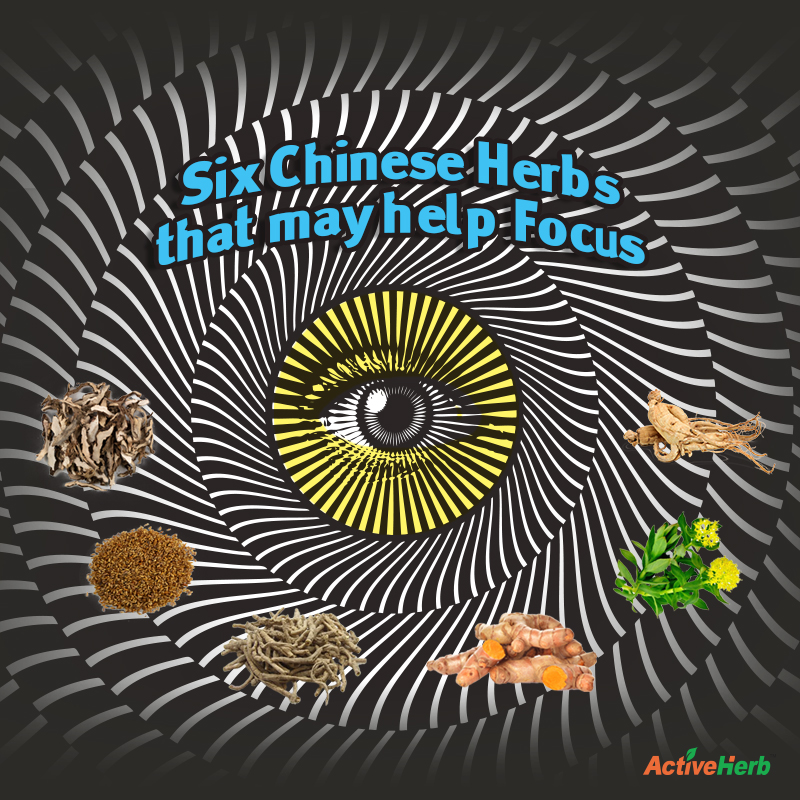Prebiotic Foods And TCM: A One-Two Punch For Gut Health

Are you one of the approximately four million Americans that take probiotic supplements to improve digestion and boost gut health? If so, you may be wasting your money. As a recent segment of 60 Minutes exposed, many probiotic supplements may be ineffective because the beneficial bacteria die before reaching the large intestine.
Moreover, by the time you’re an adult, the diversity (different strains) and total number of bacteria in your gut is already determined. This is in some ways similar to the Traditional Chinese Medicine (TCM) concept of Jing (vital essence) that’s inherited at birth.
And even if you take a probiotic supplement that does work, you need to continuously do so. That’s because if you stop, the diversity and number of friendly bacteria will go back down. It’s like discontinuing a diet; your weight will reset back to where it was pre-diet.
The good news is that if you’re looking to improve your digestion and support gut health, there are two easy and affordable ways to do so….
Feed Friendly Bacteria With Prebiotic Fiber
If you really want to improve your gut health, you must fertilize and feed the friendly bacteria you already have in your gut. And the best way to do that is by eating foods with prebiotic fiber.
Before listing what foods and herbs are the best sources of prebiotics, let’s discuss why prebiotics may very well overtake probiotics one day in the supplement industry.
Prebiotics fortify the gut barrier, preventing undigested food particles from leaching into the bloodstream. You actually can’t digest fiber. But the microscopic critters in your gut can. And when you do a solid favor to your gut bacteria by feeding them their favorite food, they will take care of you in return. Prebiotic fiber promotes healthy detoxification and elimination, supports immune function, normalizes blood sugar and cholesterol levels, and much more.
Many prebiotic fibers are soluble. Soluble fiber helps slow digestion, which helps prevent cravings for snacks with added sugars. Another benefit of prebiotic fiber is that new research suggests it may help colonize friendly microbes beyond the colon.
Best Foods That Contain Prebiotic Fiber
If you want to have a healthy gut, eat these prebiotic-fiber-rich foods:
- Green-tipped (unripened) bananas
- Jerusalem artichoke
- Garlic (raw)
- Onion (raw)
- Leeks
- Asparagus (raw)
- Yams
- Legumes (beans and lentils)
According to traditional Chinese medicine (TCM) theory, eating raw foods depletes the Qi of the main digestive organ system (Spleen). However, there are certain foods that, when consumed raw, release prebiotic fiber.
But if you want to stick to TCM principles and avoid raw foods (notice there’s no such thing as a salad on a traditional Chinese menu), there’s a better source of prebiotic fiber called “resistant starches.”
Resistant starches are so-called because the carbohydrates resist being broken down in the small intestine. Reaching the large intestine, resistant starches ferment, thereby providing bacteria with fertilizer.
Surprisingly, some of the best sources of resistant starch are usually regarded as some of the worst foods for weight loss: rice and pasta. When cooked and eaten right away, rice and pasta do in fact metabolize rather quickly in the small intestine, wherein the starches convert into simple sugar (glucose).
But there’s one neat trick that makes these starches resistant to being broken down in the small intestine: cooking the starch and then letting it cool overnight in the refrigerator. And the cherry on top is that you don’t have to eat rice or pasta cold. You can reheat it.
In addition, certain cooking flours are resistant starches: green banana flour, potato flour, maize flour,
How Does Chinese Medicine View Gut Health & Digestion?
Traditional Chinese Medicine isn’t the only system that maintains that digestion is the cornerstone of well-being. However, with an over 5,000 year-old history, it may be one of the oldest systems to espouse that line of thinking.
In TCM theory, food gets processed by the Stomach organ, which is different from the physical stomach organ of western medicine. The Stomach organ in TCM runs along an entire meridian (energy point) network. Along the stomach meridian, food is ‘ripened’ so that it either breaks down into useful components, considered “pure” in TCM, or impure, which in the west is called “waste”.
And in western medicine, digestion is considered a downward-moving process, from mouth through the colon. However, TCM differs in this regard because the pure components of food are directed upwards to the Spleen. Not the blood-filtering physical organ in western anatomy, but rather, the theoretical organ in TCM that’s vital for transforming the pure components into nutrients. Spleen also transforms pure food components into Qi, Blood and other fluids vital for optimal health.
Thus, TCM digestion theory shares with western medicine the concept of waste heading down the digestive tract, towards the intestines and colon.
However, even in this final digestive process, TCM theory continues the upward flow of pure components. The Small Intestine directs these pure components to the Spleen; any impurities are sent to the large intestine for excretion.
Causes of Poor Gut Health According to TCM
Strong digestion and what holistic health practitioners call ‘gut health’ involves a delicate balancing act of the 12 meridian systems of TCM theory. If any of these organ-meridian systems aren’t in balance that’s when digestive symptoms manifest, such as bloating, constipation, diarrhea, and gas.
In addition, if there’s too much heat in your system, you may experience constipation or dry stools (as a consequence of the intestinal fluids being dried up by the Heat). The liver also contributes to healthy digestion by helping in the breakdown of fats and dietary toxins.
What then causes imbalances of the paired Liver/Gallbladder, Spleen/Stomach and Small Intestine/Large Intestine organs that are necessary for optimum digestion and gut health? Stress, poor diet and other factors can contribute to lack of digestive fire or the opposite problem: excess Heat.
Thankfully, TCM offers time-tested formulas to support digestion and gut health.
Best TCM Herbal Formulas For Supporting Digestion & Gut Health
ActiveHerb.com formulas are aptly named according to desired outcomes. Our digestive health formulas, for example, include:
BloatEase: Resolves food stagnation by increasing Qi to digestive organs.
EZDigest: Supports digestion by clearing excess heat and phlegm and eliminating impure components of food trapped in the meridians.
Constipass: Supports elimination caused by dried-up fluid.
DigestVive: May help with the opposite problem of Constipass: runny stools, which is caused by excess dampness.
StomachVigor: If you’re typically running cold and have a poor appetite, this TCM formula warms your “Middle Burner” to support digestion and appetite.
SpleenVigor: Do you eat a healthy diet but still struggle with gut problems and low energy? Then try invigorating your Spleen, the TCM organ responsible for transforming food into Qi and Blood.
Conclusion
Eating foods with prebiotic fiber and taking TCM herbal supplements to support digestion is a one-two punch to the gut—in a good way.
Recommended reading from the ActiveHerb blog:
Gut Feeling: Gut Flora and TCM
How May TCM Help With Poor Digestion?







